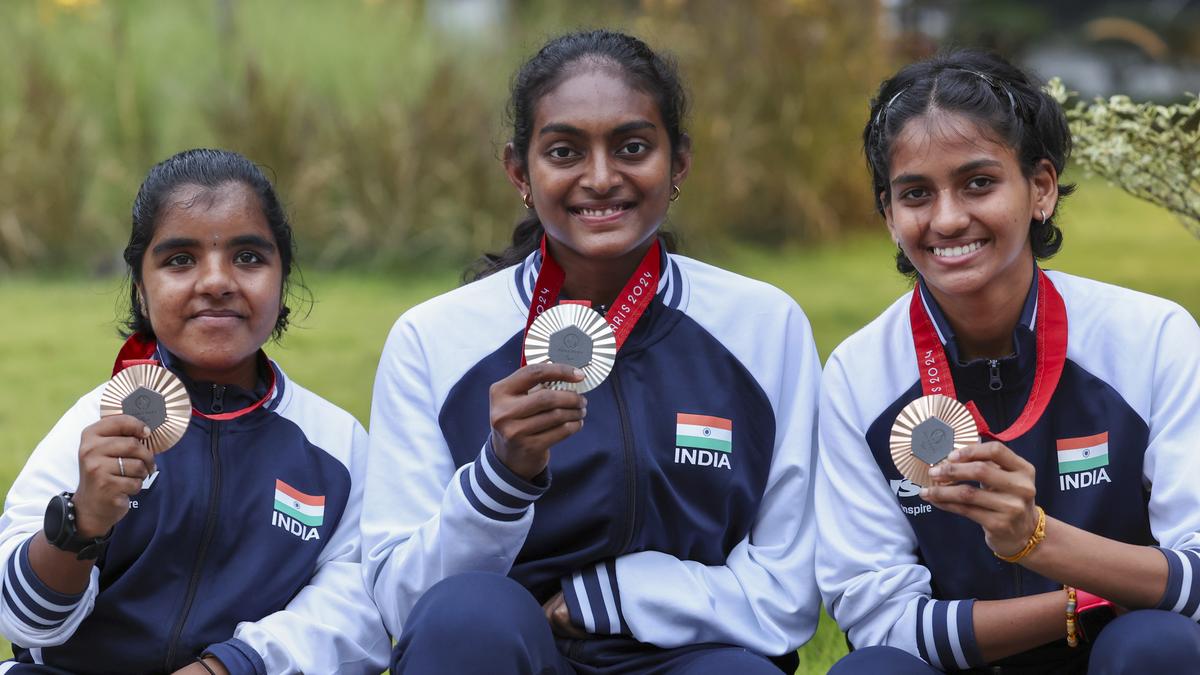NEW DELHI: Former Prime Minister and Congress stalwart Dr. Manmohan Singh passed away on Thursday at the age of 92. Singh breathed his last at AIIMS Delhi, where he was admitted on Thursday evening.
Singh was sworn in as Prime Minister on May 22 after the 2004 general elections and took the oath of office for a second term on May 22, 2009.
He was born on September 26, 1932, in a village in the Punjab province of undivided India. He completed his matriculation examinations from the Punjab University in 1948.
Political career
In his long political career, Singh was a member of the Rajya Sabha since 1991, where he was Leader of the Opposition between 1998 and 2004. He retired from the Rajya Sabha in April 2024.
Singh represented India at many international conferences and in several international organizations. He led Indian Delegations to the Commonwealth Heads of Government Meeting in Cyprus (1993) and to the World Conference on Human Rights in Vienna in 1993.
One of the key decisions Manmohan Singh took as PM included the Mahatma Gandhi National Rural Employment Guarantee Act (MGNREGA) (2005), a flagship program that guaranteed 100 days of wage employment per year to rural households.
His government also launched the Right to Information Act in 2005 to strengthen transparency and accountability in governance by granting citizens the right to access information held by public authorities. In 2013, his government launched the National Food Security Act to ensure subsidized food grains to approximately two-thirds of India’s population.
The academic years
Singh’s academic career took him from Punjab to the University of Cambridge, UK, where he earned a First Class Honours degree in Economics in 1957. Later, he followed this with a D. Phil in Economics from Nuffield College at Oxford University in 1962.
His book, “India’s Export Trends and Prospects for Self-Sustained Growth” [Clarendon Press, Oxford, 1964] was an early critique of India’s inward-oriented trade policy.
Dr. Singh’s academic credentials were burnished by his years on the faculty of Punjab University and the prestigious Delhi School of Economics.
Role as administrator
In 1971, Singh joined the government of India as an economic advisor in the commerce ministry. This was soon followed by his appointment as Chief Economic Advisor in the ministry of finance in 1972.
Among the many governmental positions that Dr. Singh occupied were secretary in the ministry of finance, deputy chairman of the Planning Commission, governor of the Reserve Bank of India (RBI), advisor of the Prime Minister; and chairman of the University Grants Commission.
He had a brief stint at the UNCTAD Secretariat as well, during these years. This presaged a subsequent appointment as Secretary General of the South Commission in Geneva between 1987 and 1990.
A stint as finance minister
In what became the turning point in the economic history of independent India, Singh spent five years between 1991 and 1996 as India’s finance minister under the Narasimha Rao government. His role in ushering in a comprehensive policy of economic reforms is now recognised worldwide. In the popular view of those years in India, that period is inextricably associated with the persona of Singh.
2nd highest civilian honour
Among the many awards and honours conferred upon Singh in his public career, the most prominent are India’s second highest civilian honour, the Padma Vibhushan in 1987.






